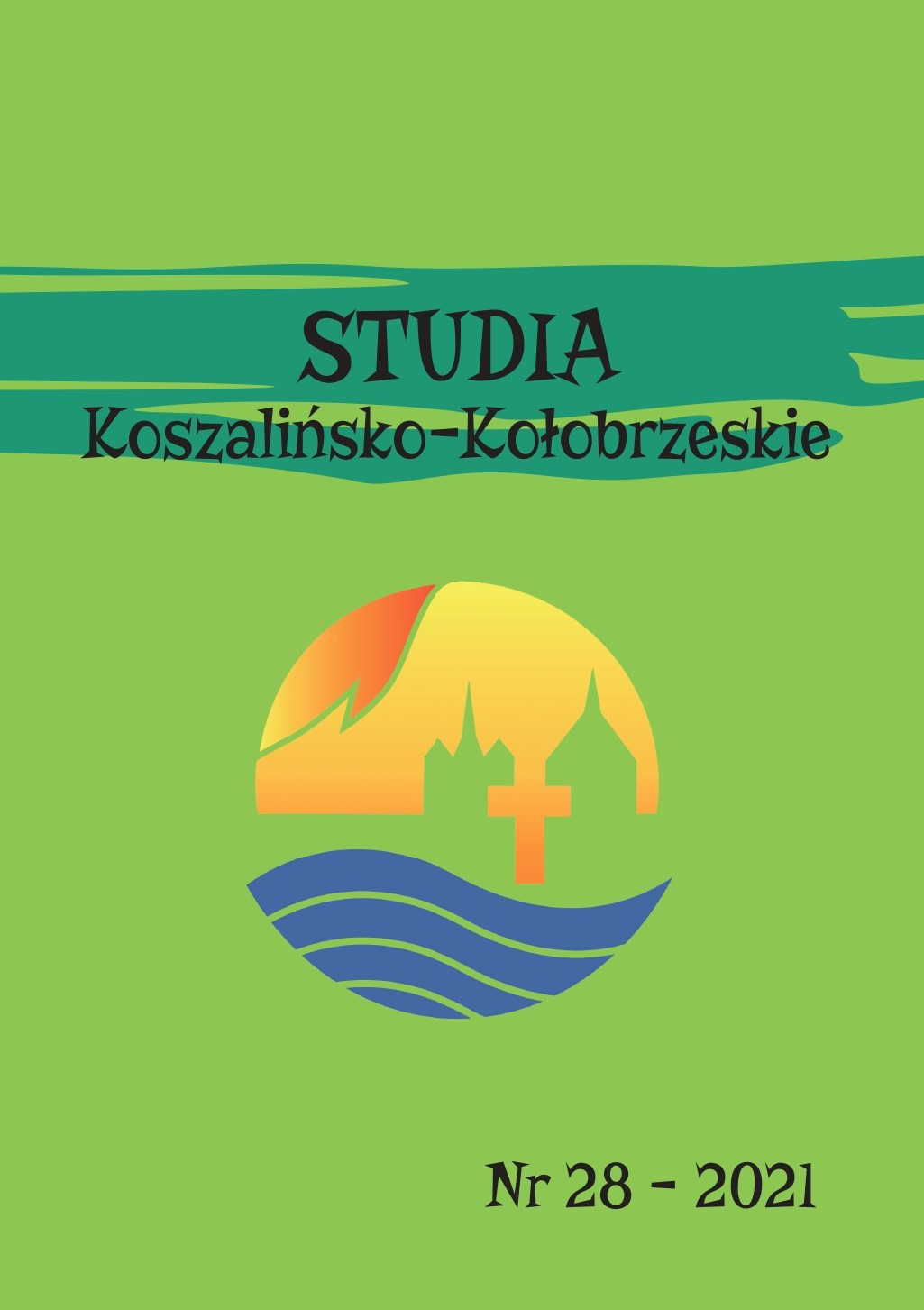Ontologia fundamentalna i jej analiza „bycia” w ujęciu Heideggera
Fundamental ontology and its analysis of “being” in terms of Heidegger
Author(s): Remigiusz KrólSubject(s): Philosophy, Philosophical Traditions, Social Philosophy, Special Branches of Philosophy, Philosophy of Religion, Ontology
Published by: Wydawnictwo Naukowe Uniwersytetu Szczecińskiego
Keywords: ontology; being; language; interpretation; universality; meaning; understanding; decomposition; speech
Summary/Abstract: The author of this article entitled: The fundamental ontology and its analysis of „being” as defined by Heidegger shows the house of the truth of being, increasing at the same time the value of the author’s language related to the truth. This language is presented here as the foundation (the house), which is to some extent subordinate to being. As Król has noticed, Heidegger experiences on this surface a tension between the language, its realization in speech, and being, which is perhaps caused by the form of expression we deal with. The language used by Heidegger encourages and prompts readers to conduct various interpretations of the thoughts expressed in the text. Król emphasizes that Dasein in the philosophy of Heidegger means „being-there” „there-being” (Da-sein), and in the traditional sense it simply means: existence. This term means that life is being becoming. However, the analysis of the fundamental structures of Dasein shows that temporality is the horizon of understanding the existence of each and every being as such. Noteworthy is the fact that, as Król has written, Heidegger uses in his analyzes the phenomenological method in this regard that he tries to express experiences which are supposed to be, to some extent, even vaguely, known and familiar. Thus, the most important way of reaching all kinds of beings includes an analysis of Dasein, because it exists in the existence and it exits through it, even if it is inarticulate, implicit, and even vague in its form. However, the understanding of Heidegger’s language involves speech, which is existentially as primal as the position and understanding. Understandability gets always fragmented already before an assimilating interpretation. Speech is an articulation of understandability, therefore, it underlies interpretation and expression.
Journal: Studia Koszalińsko-Kołobrzeskie
- Issue Year: 2021
- Issue No: 28
- Page Range: 323-338
- Page Count: 16
- Language: Polish

